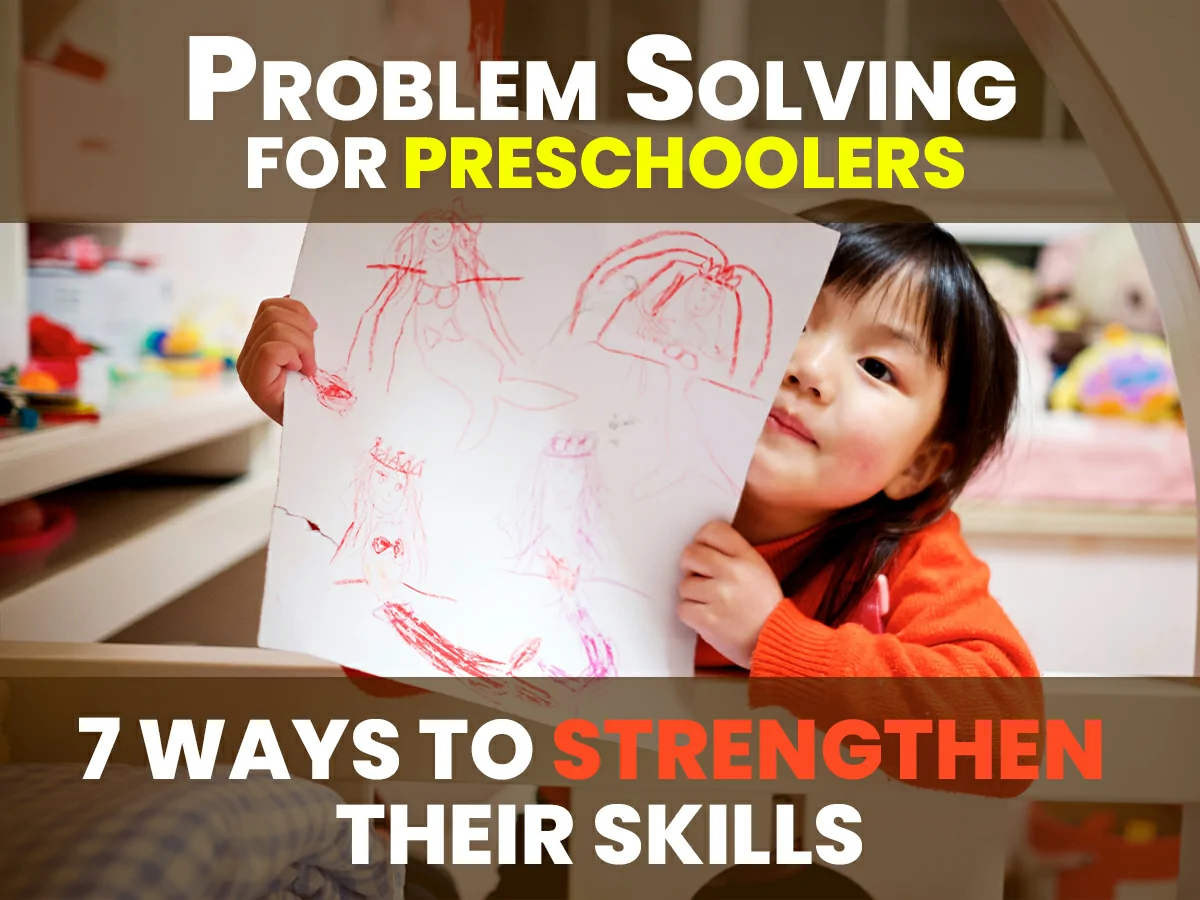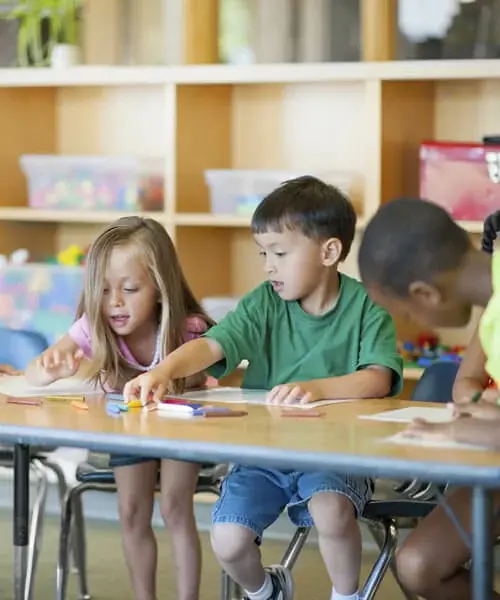33 Mallard Rd: (647) 478-6114
141 Bond Ave: (647) 478-6043
25 Mallard Rd: (647) 812-7795
33 Mallard Rd: (647) 478-6114
141 Bond Ave: (647) 478-6043
25 Mallard Rd: (647) 812-7795
2022-02-09
Children are proactively involved in so many things that require problem-solving skills. However, parents get consumed in their daily activities so much that they tend to ignore to refine these skills. Nevertheless, parents, educators, guardians have to make a conscious effort to help children enhance their problem-solving skills.
Don't worry. You do not have to go beyond your comfort zone to build preschool-age children's problem-solving skills. You have to notice day-to-day processes and use them to incorporate those skills. Problem-solving skills play a pivotal role in helping children become more practical and flexible in life. Thus, we bring you some of the steps to help you focus on the activities that teach these skills in their way.
These steps are easier to follow, and you can incorporate them into your children's life before and after school care. Walk through the below ways and use them as per your choice.
Let's dive in!
Pay attention to everyday moments: Some moments allow you to teach your kids about problem-solving skills. For example, get your children involved in household chores, such as grocery shopping, doing dishes, or re-doing the walls. You can ask them questions about things you do to encourage them to think and answer. Kids learn that problems are part of their lives, and they need to find solutions to solve them. You can use a situation like re-doing the walls. You can ask them things that require putting the wallpaper on. Give them time to brainstorm and develop solutions to re-do the walls. Be their partner in their thought process and allow them to conclude.
Ask questions: You can ask them questions that make them think. It can be simple. You do not require to ask them deep and dense questions. Suppose they are not able to tie their shoe-lace. You can ask them what went wrong. A simple question will push them to think and find a solution. It encourages them to use problem-solving skills.
Focus on emotions: Your child may face a situation where he might feel angry or frustrated. Let your children learn to handle their feelings. Focusing on the feelings often leads to finding the solutions. Thus, the parents must use books that center around emotions. They learn to feel their feelings and find ways to resolve the conflict if they face any.
Tell stories: Incorporate social accounts in your routine and read them to your kids for preschool problem-solving. Social stories often introduce a problem and then showcase methods to solve the problem. They help children build their vocabulary, narrative, and critical thinking skills.
Support children's natural interests:
• Help young children practice problem-solving skills by using something they are genuinely interested in.
• Get to know their interests and ask them questions about them.
• Foster problem-solving skills in a more meaningful and compelling manner.
• Use topics that capture child's interest and work alongside them to encourage their creativity and intrinsic desire to learn more.
Model problem-solving: Children look up to their parents and teachers for everything. Thus, take this as an opportunity and showcase strategies and methods that help children learn to handle life when things go wrong. Demonstrate how you solve a problem and become their role model. However, it does not mean that you have to do everything perfectly. Use your emotions and skills to help your children become great problem solvers.
Take help from your children: Now, this may seem a tad bit impossible. However, this boosts children's confidence. Therefore, at times, try to remove yourself from the picture and give your children a steering wheel for guidance. It showcases that you trust your children's thinking and solutions, and it encourages them to come up with a solution that won't disappoint their parents. Thus, take a backseat sometimes and give your kids freedom to think freely.
Incorporating problem-solving skills at an early age may seem an intimidating process. However, you can allow your children to have these skills with the proper techniques and methods. Moreover, preschool programs teach children to think beyond and push them to come up with unimaginable solutions. Thus, enroll your children in the best preschools in North York and strengthen their problem-solving skills.
Featured Blogs
 28/03/22
28/03/22
Which Is The Best Age To Start Chil...
Daycare North York Infant Daycare North York Day Care Center North York Subsidized Daycare North York Daycare Toddlers North York Preschool Programs North York Child Care North York Before and After School Care North York Day Care North York Preschool North York Subsidized Child Care North York Day Care Schools North York



